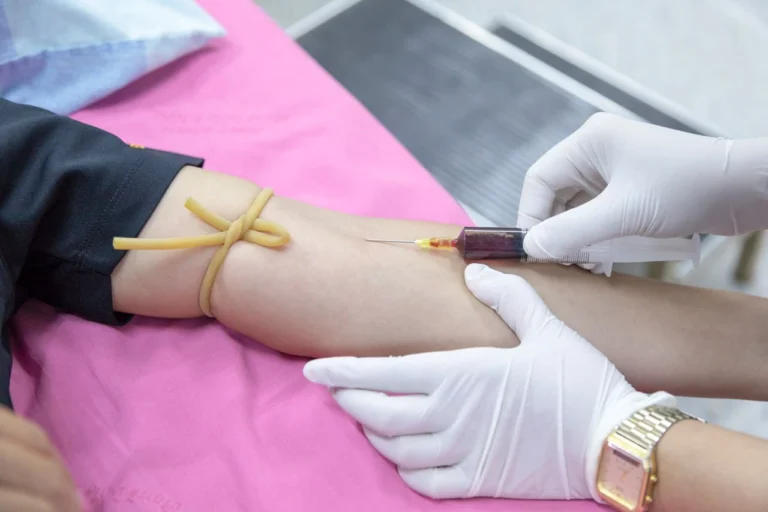Novartis today announced new positive data from the Phase III REMIX-1 and REMIX-2 studies investigating remibrutinib – a highly selective, oral Bruton’s tyrosine kinase (BTK) inhibitor – in people with chronic spontaneous urticaria (CSU) whose symptoms are inadequately controlled by H1-antihistamines1. In the studies, remibrutinib met all primary and secondary endpoints at Week 121. Remibrutinib demonstrated superiority in change from baseline vs placebo in weekly urticaria activity (UAS7), itch (ISS7) and hives (HSS7) at Week 121. Significantly more patients achieved well-controlled disease (UAS7≤6) with remibrutinib vs placebo, as early as Week 2 which was sustained at Week 12, and about one third of patients achieved complete absence of itch and hives at Week 121. Data are being presented at the 2023 American College of Allergy, Asthma and Immunology Scientific Meeting in Anaheim, California, November 9–13.
“These findings could be significant for the millions of people who suffer from CSU and are still symptomatic,” said Marcus Maurer, M.D., Professor of Dermatology and Allergy, Executive Director of the Institute of Allergology at Charité – Universitätsmedizin Berlin and Co-Director of Allergy and Immunology at the Fraunhofer Institute for Translational Medicine and Pharmacology. “Living with CSU can be very distressing, often impacting many aspects of people’s lives such as sleep and ability to work. Having another option that could potentially provide effective relief as early as 2 weeks after trying antihistamines alone could be transformative for these patients.”
Mean change from baseline (CFB) in UAS7, ISS7 and HSS7 at Week 12 in REMIX-1 and REMIX-21
| REMIX-1 | REMIX-2 | |||
| LS mean ±SE | Remibrutinib (n=309) | Placebo (n=153) | Remibrutinib (n=297) | Placebo (n=153) |
| CFB-UAS7 | –20.1 ±0.7 | –13.8 ±1.0 | –19.6 ±0.7 | –11.7 ±0.9 |
| CFB-ISS7 | –9.6 ±0.3 | –6.9 ±0.5 | –9.0 ±0.3 | –5.7 ±0.5 |
| CFB-HSS7 | –10.5 ±0.4 | –6.9 ±0.5 | –10.5 ±0.4 | –6.0 ±0.5 |
LS, least squares; SE, standard error.
In pooled safety analyses of the REMIX studies, remibrutinib demonstrated a well-tolerated and favorable safety profile, with overall adverse event rates that were comparable to placebo (64.0% in remibrutinib vs 64.7% in placebo), including infections (32.8% in remibrutinib vs 34.0% in placebo) and liver function test abnormalities. Liver transaminase elevations were balanced across both treatment groups (remibrutinib and placebo), asymptomatic, transient and reversible1. None of the serious adverse events were considered related to study medication by investigators.
“Patients with CSU have limited treatment options and many patients do not respond to antihistamines even at higher than approved doses, leaving them with uncontrolled symptoms and potential side effects such as drowsiness,” said Angelika Jahreis, Global Head, Development, Immunology, Novartis. “We are committed to developing new therapies for patients with immuno-dermatologic disorders and are excited about the prospect to provide a potential new option for patients with CSU who suffer from relentless itch and a life filled with limitations. These data show that remibrutinib, an oral BTKi, provided significant symptom improvement as early as Week 2 and sustained up to Week 12.”
Antihistamines are recommended to treat CSU but are not always effective2. International guidelines recommend increasing the approved dose up to four-fold, but people can still have uncontrolled symptoms, even at high doses3. While injectable biologic therapies are an effective option for those whose CSU is uncontrolled by antihistamines, less than 20% of eligible patients worldwide are treated with them4.
CSU is the medical term for chronic hives that last for 6 weeks or longer, where the underlying cause is internal rather than exposure to any allergen or external trigger5,6. In CSU, BTK is believed to play a role in the signaling pathway that leads to the release of histamine and debilitating symptoms7. Remibrutinib blocks BTK and prevents the release of histamine that causes itchy hives (wheals) and/or deep tissue swelling (angioedema)6,8.
Patients currently enrolled in REMIX-1 and REMIX-2 will continue to receive treatment up to Week 52 and will have the opportunity to continue in a long-term extension trial. Novartis intends to submit remibrutinib to global health authorities starting in 2024.
Source link : https://www.novartis.com/





